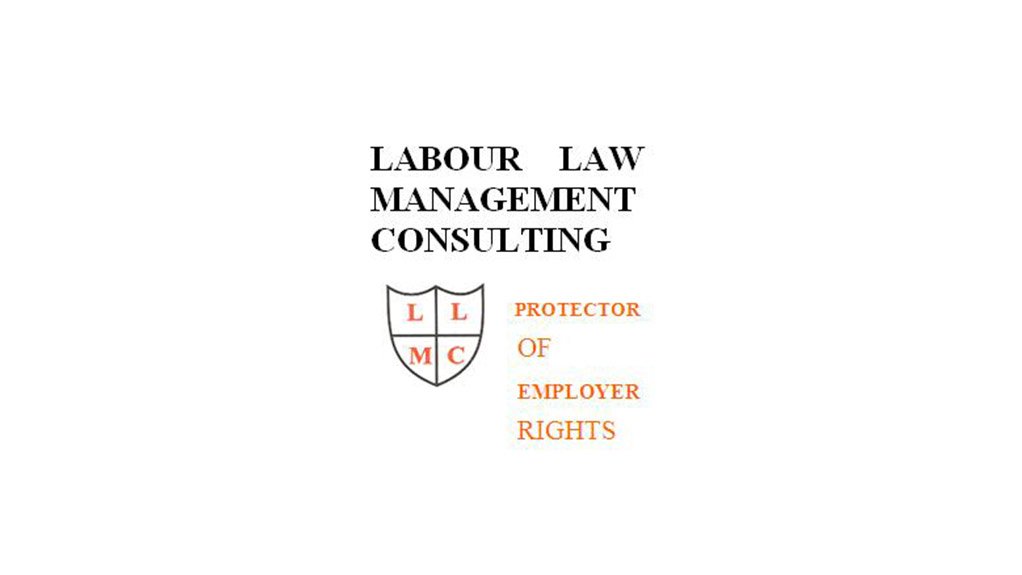Under labour law employees have the right to a fair hearing before being dismissed and this includes the right to an impartial hearing chairperson.
The factors that may suggest that the hearing chairperson could be biased include that the chairperson:
- has previously had a clash with the accused employee
- has prior knowledge of the details of the case
- is a close friend of the complainant bringing the charge on the employer’s behalf
- unreasonably turns down requests from the employee for representation, witnesses, an interpreter or other requirements
- makes a finding that is unsupported by the facts brought before the hearing.
The ability of hearing chairpersons to behave can only be acquired via substantial form in ways that will not be construed as biased requires intensive training and solid experience.
In the case of FAWU obo Sotyato vs JH group Retail Trust (2001, 8 BALR 864) the employee confessed to having stolen two bottles of beer from the employer and to drinking one of them during working hours. The arbitrator did not accept the confession as valid and also found that the chairperson of the hearing was biased. This was because the chairperson had caught the accused employee with the beers and had been involved in drawing up the charges. This created a reasonable apprehension of bias and rendered the dismissal procedurally unfair. The employee was reinstated with full back pay.
In SACCAWU obo Mosiane vs City Lodge Hotels Ltd (2004, 2 BALR 255) the employee was dismissed for stealing an item belonging to a guest of the hotel that employed the accused. The arbitrator found the dismissal to be substantively and procedurally unfair because the chairperson of the hearing had been biased and reinstated the employee.
In order to ensure that employers do not lose cases due to chairperson bias or alleged bias at disciplinary hearings employers must ensure that:
- hearing chairpersons have no involvement in or knowledge of the case prior to the hearing
- hearing chairpersons have a solid understanding as to what constitutes an apprehension of bias
- they train their managers to be able to ensure an effective and fair hearing by providing courses in chairing and prosecuting disciplinary hearings
- they contract in a labour law specialist to chair hearings where the employer has no internal official with the necessary qualifications and knowledge to carry out the task properly.
To buy the E-book, Walking The New Labourlaw Tightrope please click on the Books item in the menu at www.labourlawadvice.co.za.
EMAIL THIS ARTICLE SAVE THIS ARTICLE ARTICLE ENQUIRY
To subscribe email subscriptions@creamermedia.co.za or click here
To advertise email advertising@creamermedia.co.za or click here











